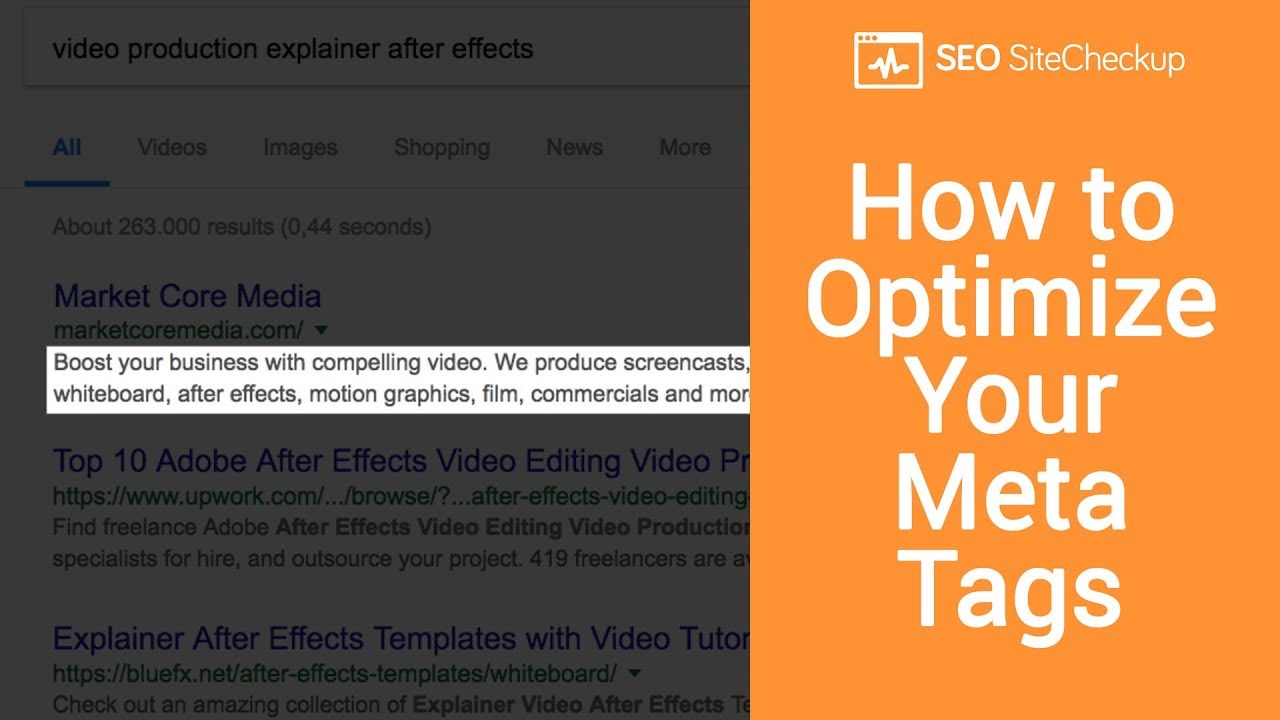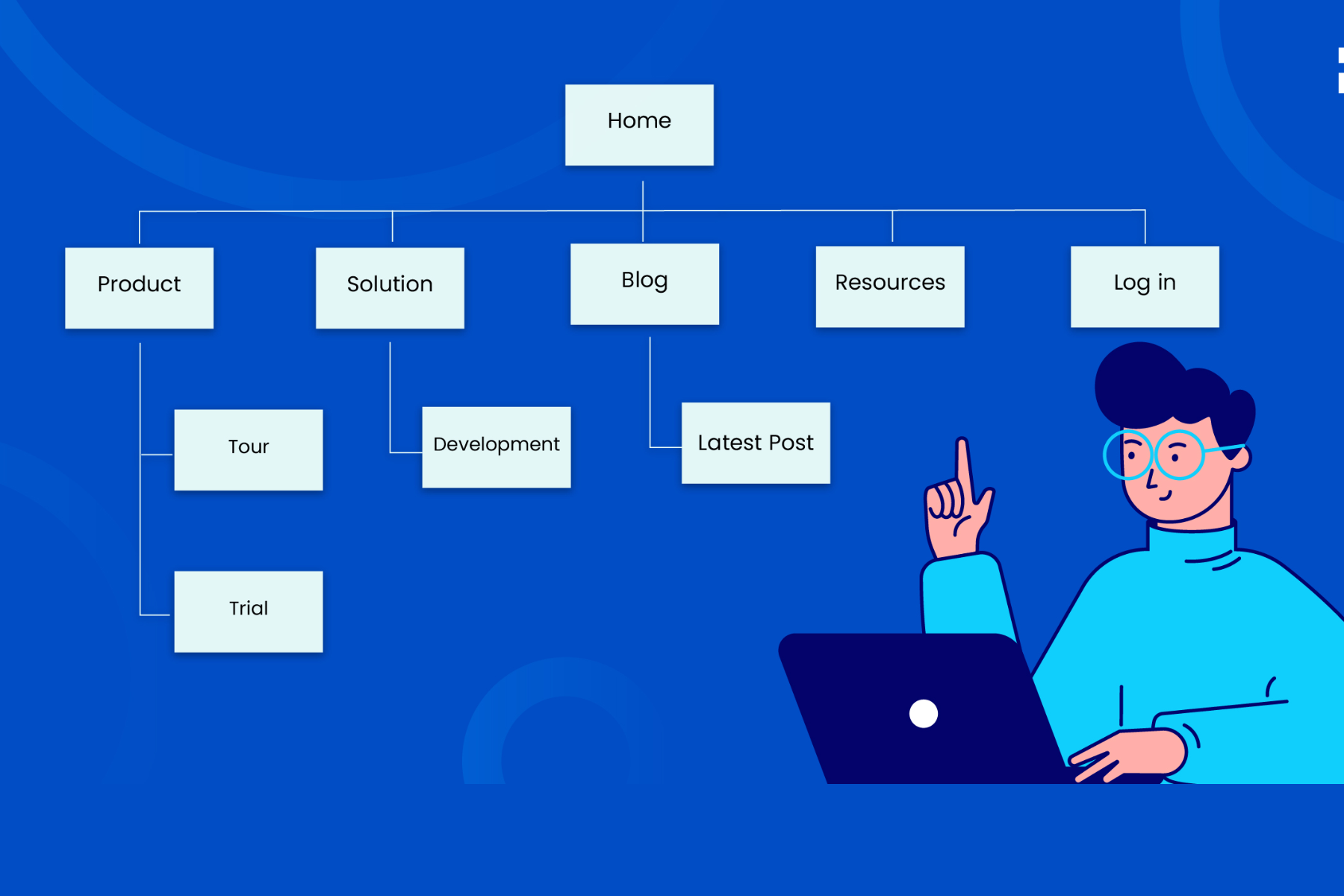Having your website indexed by Google is crucial for getting traffic from search engines. However, it can take a while for Google to find and index your site, especially if it is new or has a low domain authority.
Fortunately, there are several quick steps you can take to help Google find and index your site faster. In this article, we'll cover how to get google to index your site quickly.
The Importance Of Having Your Website Indexed By Google
Having your website indexed by Google is crucial for increasing your online visibility, driving traffic to your site, and growing your businessor brand.
When your website is indexed, it means that Google has crawled and added your site's pages to its database, making them available to show up in search results when people search for relevant keywords.
Without indexing, your site may not appear in search results, making it difficult for potential customers or readers to find you. Therefore, it is essential to understand the importance of having your website indexed by Google and take steps to ensure that it happens.
Step 1 - Create A Sitemap
A sitemap is a file that lists all the pages on your website and helps search engines like Google crawl and indexes your site more efficiently. Creating a sitemap is easy, and there are several free tools available online that can generate a sitemap for you.
Once you have created a sitemap, you need to submit it to Google. You can do this by signing up for Google Search Console, verifying your website, and submitting your sitemap through the Sitemaps section.
Step 2 - Create Quality Content
Google prioritizes sites with quality content. If your site has thin, low-quality content, Google is less likely to index it. Therefore, you should focus on creating high-quality content that is relevant to your target audience. Make sure your content is informative, engaging, and adds value to your readers.
Step 3 - Use Relevant Keywords
Using relevant keywords in your content can help Google understand what your site is about and rank it higher in search results.
However, you should avoid stuffing your content with too many keywords, as this can be seen as spammy and hurt your ranking. Instead, use keywords naturally and strategically in your content.
Step 4 - Optimize Your Meta Tags
Meta tags are snippets of HTML code that provide information about your website to search engines. Optimizing your meta tags can help Google understand what your site is about and rank it higher in search results.

How to Optimize Your Meta Tags
Make sure your title tagsand meta descriptionsaccurately reflect the content on your pages and include relevant keywords.
Step 5 - Build Quality Backlinks
Backlinksare links from other websites that point to your site. Google considers backlinks as a vote of confidence in your content and ranks sites with high-quality backlinks higher in search results. Therefore, you should focus on building high-quality backlinks from authoritative sites in your niche.
Step 6 - Promote Your Site On Social Media
Social mediais a great way to promote your site and drive traffic to it. Sharing your content on social media can also help it get noticed by Google and indexed faster. Make sure to use relevant hashtags and engage with your followers to increase your social media presence.
Step 7 - Monitor Your Analytics
Monitoring your website analytics can help you understand how visitors are finding and using your site. You can use this information to identify areas for improvement and optimize your site for search engines.
Google Analyticsis a free tool that provides detailed information about your website traffic, including the keywords people are using to find your site.
Content And SEO Strategies To Improve Your Site's Ranking On Google
Creating high-quality content and implementing effective SEOstrategies can significantly improve your website's ranking on Google. Here are some key strategies to consider:
- Conduct keyword research- Use tools like Google Keyword Planner or SEMrush to identify relevant keywords that your target audience is searching for. Incorporate these keywords into your content in a natural and strategic way.
- Focus on quality content- Google prioritizes websites with high-quality, informative content that provides value to users. Create content that answers questions, solves problems, and meets the needs of your target audience.
- Use internal linking- Linking to other relevant pages on your website can help Google crawl and index your site more efficiently. It also helps users navigate your site and find the information they need.
- Make your website mobile-friendly- Google prioritizes websites that are mobile-friendly, so ensure that your website is optimized for mobile devices.
By implementing these strategies, you can improve your website's ranking on Google and drive more traffic to your site.

5 Quick Ways to Improve Your SEO Rankings
Remember to focus on creating high-quality content, optimizing your meta tags, building quality backlinks, and making your website user-friendly.
People Also Ask
How Long Does It Take For Google To Index A New Site?
Google's indexing speed can vary, but it usually takes between 4 days and 4 weeks for a new website to be indexed. However, this timeline can be impacted by a variety of factors, including the quality of your content and your website's technical setup.
Can Google Index My Site Without A Sitemap?
Yes, Google can index your site without a sitemap. However, having a sitemap can help Google crawl and index your site more efficiently. A sitemap provides a roadmap of your website's content, making it easier for Google to find and index your pages.
How Often Should I Update My Site To Stay Indexed By Google?
There is no hard and fast rule about how often you should update your site to stay indexed by Google. However, regularly adding new, high-quality content can help signal to Google that your site is active and relevant. Updating your site's content can also help improve your site's ranking in search results.
What Should I Do If My Site Is Not Getting Indexed By Google?
If your site is not getting indexed by Google, there are several steps you can take. First, ensure that your site is technically sound and there are no issues preventing Google from crawling or indexing your site. Second, create high-quality, informative content that provides value to your target audience. Third, promote your content through social media and other channels to drive traffic to your site. Finally, consider reaching out to an SEOexpert for additional guidance and support.
Conclusion
Getting your site indexed by Google is essential for driving traffic and growing your online presence. By following these quick steps, you can help Google find and index your site faster, improving your chances of ranking higher in search results.
Remember to focus on creating high-quality content, optimizing your meta tags, building quality backlinks, and promoting your site on social media. With patience and persistence, you can achieve better visibility and drive more traffic to your website.

